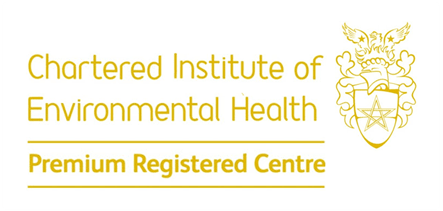Food labels review for entry to the US, EU and UK markets.
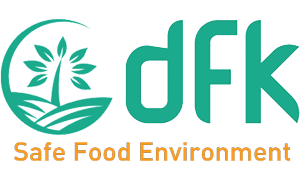

All our courses are available virtually or at a location and time convenient to you.
HACCP Certification Course recognized by the International HACCP Alliance is your gateway to mastering the principles of Hazard Analysis and Critical Control Points (HACCP) and earning a globally recognized certification.
The International HACCP Alliance is a globally recognized organization dedicated to promoting food safety through the implementation of HACCP principles. HACCP is a systematic approach to identifying, evaluating, and controlling food safety hazards, ensuring that food is safe for consumption. It is a preventive approach that focuses on identifying and controlling potential hazards before they can cause harm.
The HACCP Certification Course by HACCP Alliance is designed to provide participants with a comprehensive understanding of HACCP principles and their application in various food production and processing settings. The course covers the seven principles of HACCP, including hazard analysis, critical control points, critical limits, monitoring, corrective actions, verification, and record-keeping.
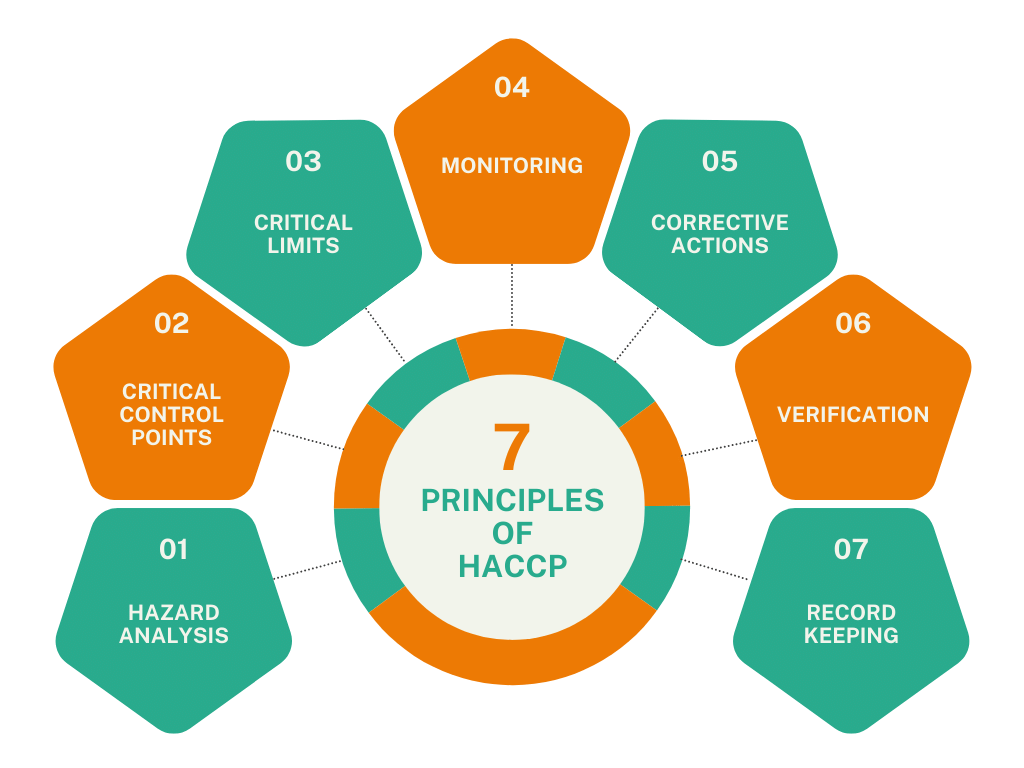
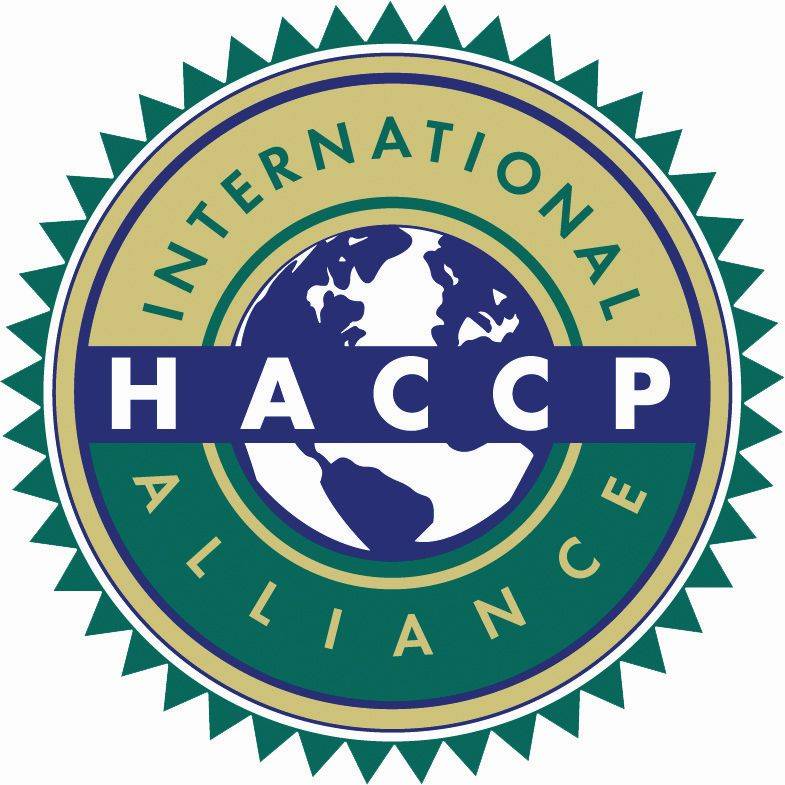
This instructor-led online course is accredited by the International HACCP Alliance and meets the US and Canadian requirements as well as the Global Food Safety Initiative requirements( e.g., BRC, FSSC 22000).
Dima completed her assignment successfully and timely providing an informative report and participated actively in enriching discussions during a related Expert Group Meeting. She is among the best consultants we have had the privilege to work with in recent years.
Dr. Faour-Klingbeil contributed to our project by highlighting the gaps and identifying areas for improvement and development in the standards and criteria of the Quality Mark application. We highly recommend her as a skillful consultant.
Thank you once again for your input and the tips. I really enjoyed the training and I feel well prepared to implement the missing parts to be fully compliant
Dima did a great job, the training was very interesting!
Interesting and helpful discussions! Thank you for the professional PCQI training
I enjoyed the three days in the PCQI training. You did it very well and explained it so good that everyone could understand
Thanks Dima for the PCQI training. The explanations and references you have given, will be helpful to improve our Food Safety Plans.
I recommend the PCQI training. I really appreciate the clear explanation of the terms and a lot of examples.
I like Dima´s checking in on the participants during the course to really make sure that they follow and grasp the concepts discussed. Lots of practical examples are given and make it easier to translate the often "dry matter"
Very clear explanation of the requirements for PCQI. We have had good and helpful discussions during this training.
I do recommend this course for QA peoples with general kowledge in HACCP. Not having a certified HACCP (according to IFS or others) isn't a handicap. I have joined this online training and presentation has been well prepared and clearly communicated. Also assessments in groups has been well organized
It was a nice insight into FDA requirements and regulations as well as good communicated by Dima. She is clearly a professional on this topic and can answer questions very well while also mentioning examples that are easy to understand. The challenge of doing this class online was mastered and presented in an interactive way to the given circumstances.
Dima has been a perfect trainer. It was a very useful training with a great oveview on the whole topic - clear intructions and clear understanding of the FDA requirements.
One of the best training in my life. Intense and very instructive and exciting.
Excellent PCQI course with very detailed topics and excellent examples.
If we have a need, we will be happy to contact Ms. Faour-Klingbeil as a consultant
Many thanks to this nice training! I got many useful information needed for this topic
Thanks so much for your very valuable training. I really enjoyed it, and appreciated that you made it fun! I feel much better prepared to deal with uncomfortable issues. Thank you for experience and personable presentation. Good course setup, nice trainer and good group discussions.
Dima is an outstanding trained and very patient instructor. Her interdisciplinary knowledge is impressive. She was very encouraging and answered all questions in a precise way. I surely will keep her contact details for further trainings.
The PCQI course was a very intense 2.5-day course to get a good overview and a feeling for establishing a food safety plan. I also got the impression, that the course leader (Dima) is an absolute expert on this field.
Great instructor and trainer! giving a lot of examples and taking her time to answer the individual questions.
The lead instructor Ms. Faour-Klingbeil is well-prepared person and has a lot of knowledge in regard to the subject.
Dima is really skilled. Interesting course to attend for any PCQI!
Interactive training with a highly motivated and knowledgeable instructor. Great materials, including links to current regulation texts for each topic.
I highly recommend this course with Dima Faour-Klingbeil. She provides really good training material and clear explanations with many examples. She manage to provide a really interesting course that I was pleased to follow until the end!
Participating in this PCQI training you definitely deal with an extraordinary trainer. Dima has a real expert status.
Mrs. Dima Faour-Klingbeil is a great Teacher. She is very clear during the explanation. Always she tries to add examples in order to make it easier. It was a pleasure working together with her and learning about this regulation.
Dima is a very professional trainer and instructor and is perfect for explaining sometimes difficult requirements in easy-to-understand sentences. Very useful training, very helpful, good trainer! We appreciate working with her.
The lead instruction showed a broad knowledge of the FDA regulations, shared additional support links, and encouraged all participants to a lively discussion.
Food labels review for entry to the US, EU and UK markets.
In-house FSPCA PCQI training
Online FSPCA PCQI Training – Roal Oy, Finland
Online private FSPCA PCQI Training – Novolyze, France
In-house PCQI Training – Holzminden, Germany
In-house FSPCA PCQI Training – Prosgrunn, Norway
FSMA GAP Analysis – Vienna, Austria
In-house FSPCA PCQI Training for LeRo Food GmbH & Co. KG – Leipzig, Germany
In-house FSPCA PCQI Training for Nestle Deutschland AG – Osthofen, Germany
In-house FSPCA PCQI Training for DMK Eis – Everswinkel, Germany
In-house FSPCA PCQI Training for Freiberger Lebensmittel – Berlin, Germany
In-house FSPCA PCQI Training for selected staff in August Storck KG – Berlin, Germany
Instructor-Led Online PCQI
Instructor-Led Online PCQI
Instructor-Led Online PCQI training
 Read more +08 October 2020 By Dr Faour Klingbeil in Fresh produce
Read more +08 October 2020 By Dr Faour Klingbeil in Fresh produce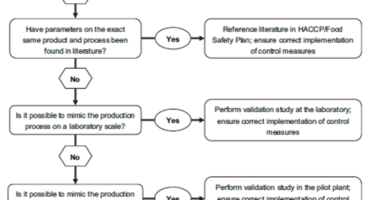 Read more +24 March 2023 By Dr Faour Klingbeil in Covid-19
Read more +24 March 2023 By Dr Faour Klingbeil in Covid-19 Read more +08 September 2019 By Dr Faour Klingbeil in Ready to eat vegetables
Read more +08 September 2019 By Dr Faour Klingbeil in Ready to eat vegetables
